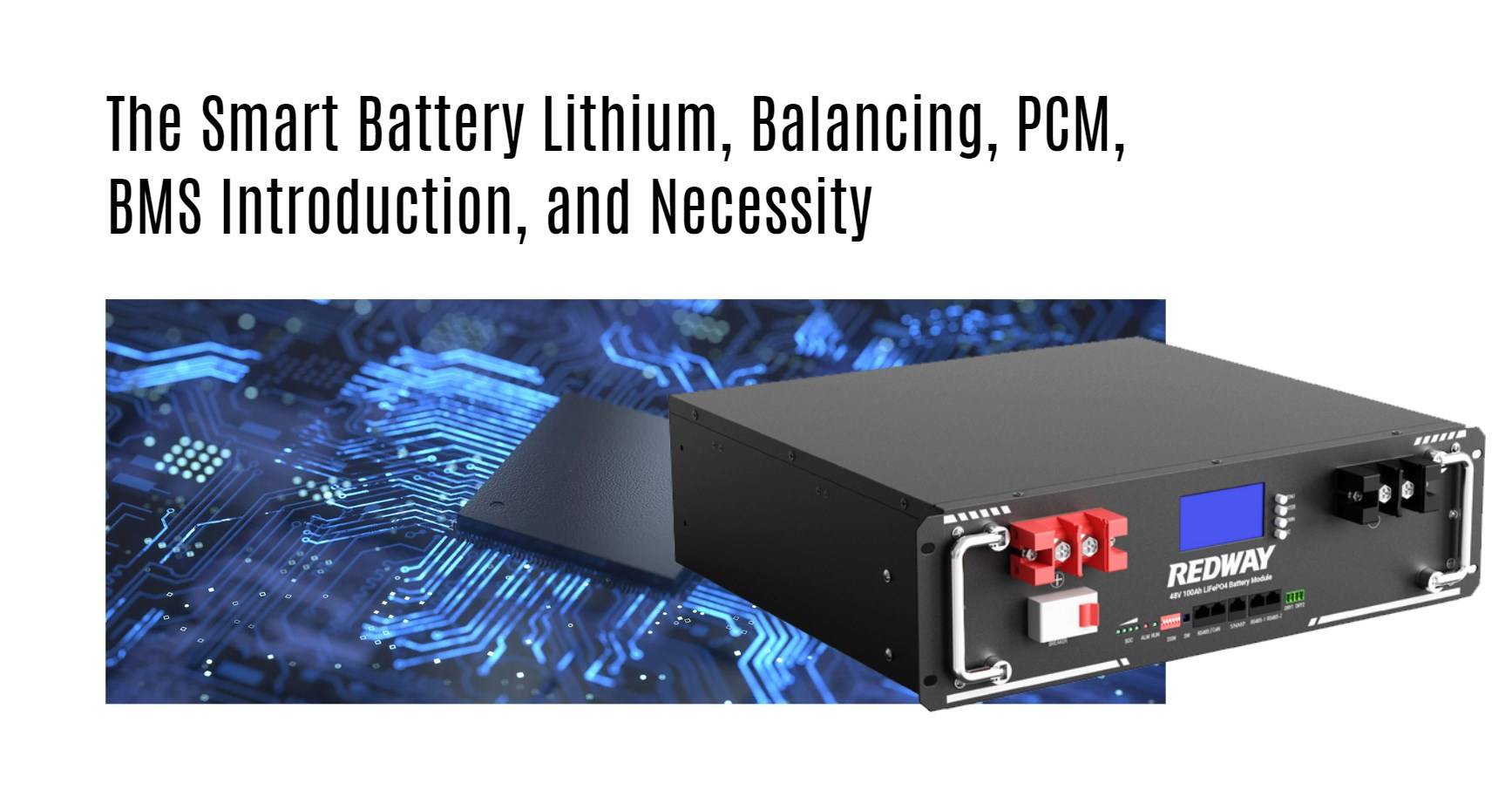Smart batteries, particularly those utilizing lithium-ion technology, incorporate advanced features like balancing, Protection Circuit Modules (PCM), and Battery Management Systems (BMS) to enhance performance and safety. These technologies are essential for maximizing battery life and efficiency in various applications, from electric vehicles to renewable energy systems.
How do smart batteries enhance lithium-ion technology?
Smart batteries leverage integrated systems that monitor and manage battery performance. By utilizing advanced algorithms, these batteries can optimize charging cycles, balance cell voltages, and ensure safe operation. This results in improved efficiency, longer lifespans, and enhanced safety features compared to traditional batteries.
| Feature | Smart Batteries | Traditional Batteries |
|---|---|---|
| Monitoring | Continuous | Limited |
| Balancing | Active/Passive | None |
| Safety Features | Advanced (BMS/PCM) | Basic |
| Lifespan | Longer | Shorter |
This comparison illustrates the advantages of adopting smart battery technology.
What is the function of battery balancing in lithium batteries?
Battery balancing is crucial for ensuring all cells within a battery pack maintain equal voltage levels. This process helps prevent overcharging or undercharging individual cells, which can lead to reduced performance or battery failure.There are two main types of balancing:
- Passive Balancing: Involves dissipating excess energy from higher-voltage cells through resistors.
- Active Balancing: Transfers energy from higher-voltage cells to lower-voltage ones, optimizing overall battery performance.
Both methods aim to extend the lifespan and efficiency of lithium batteries.
Which roles do Protection Circuit Modules (PCM) play in battery safety?
Protection Circuit Modules (PCM) serve as essential safety components in lithium batteries. They protect against overvoltage, undervoltage, overcurrent, and short circuits during charging and discharging. The PCM ensures that each cell operates within safe limits, preventing damage and enhancing overall reliability.Key functions of PCM include:
- Voltage Regulation: Monitoring cell voltages to avoid overcharging.
- Current Limiting: Preventing excessive current flow that could lead to overheating.
- Temperature Monitoring: Ensuring cells remain within safe temperature ranges during operation.
These features contribute significantly to the safety and longevity of lithium batteries.
Why is a Battery Management System (BMS) essential for lithium batteries?
A Battery Management System (BMS) is critical for monitoring and managing the health of lithium batteries. It performs several key functions:
- State of Charge (SoC) Monitoring: Keeps track of how much charge is left in the battery.
- State of Health (SoH) Monitoring: Assesses the overall health and performance capability of the battery.
- Cell Balancing: Ensures all cells are charged evenly to maximize capacity.
- Safety Protections: Automatically disconnects the battery if unsafe conditions are detected.
The BMS enhances both performance and safety, making it an indispensable component in modern lithium-ion systems.
How do BMS and PCM differ in functionality?
While both BMS and PCM are crucial for battery management, they serve different purposes:
| Feature | BMS | PCM |
|---|---|---|
| Monitoring | Yes | Limited |
| Balancing | Yes | No |
| Safety Protections | Advanced | Basic |
| Communication | Yes | No |
The BMS provides comprehensive monitoring and management capabilities, while the PCM focuses primarily on protective functions.
What are the benefits of using smart battery technology?
The benefits of using smart battery technology include:
- Enhanced Safety: Advanced monitoring reduces risks associated with overheating or overcharging.
- Improved Efficiency: Smart features optimize charging cycles and energy usage.
- Longer Lifespan: Better management leads to extended operational life for the battery.
- Real-Time Monitoring: Users can access data on performance metrics such as SoC and SoH.
These advantages make smart batteries a preferred choice for various applications.
What tips should battery wholesale buyers consider when making OEM orders?
Tips for Battery Wholesale Buyers
- Research Manufacturers: Identify reputable manufacturers with proven quality records.
- Quality Assurance: Ensure robust quality control processes are established.
- Customization Options: Look for manufacturers that can tailor products to meet specific requirements.
- Supply Chain Reliability: Evaluate their ability to consistently meet delivery timelines.
- After-Sales Support: Confirm that adequate support is provided post-purchase.
Redway Battery, with its extensive experience as a lithium-ion manufacturer, is an excellent choice for wholesale buyers looking to place OEM orders.
Redway Battery Expert Insight
“Investing in high-quality lithium-ion solutions like those from Redway Battery ensures that businesses can rely on durable products while fostering long-term partnerships,” states an expert from Redway Battery.
FAQ Section
- What is a smart battery?
A smart battery incorporates advanced monitoring systems like BMS and PCM to optimize performance and enhance safety compared to traditional batteries. - What does a Battery Management System do?
A BMS monitors charge levels, balances cells, ensures safety during operation, and communicates performance metrics. - How does cell balancing work?
Cell balancing ensures all cells within a battery pack maintain equal voltage levels through passive or active methods to prevent undercharging or overcharging. - Why are PCMs important?
PCMs protect against overvoltage, undervoltage, overcurrent, and short circuits during charging and discharging processes.






